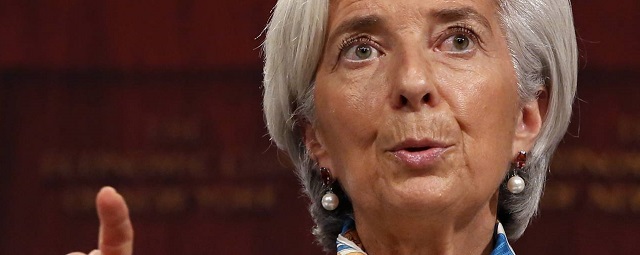The IMF did in the end intervene in the eurozone (Greece, Ireland, Portugal and Cyprus) for three main reasons. One was simply that no plans had been drawn up to deal with the fiscal bankruptcy of a eurozone state, and the IMF was the only instrument available to come to the aid of states facing very immediate financial needs.
The other reason was political: the IMF was to play its role of scapegoat, the institution that sets unpopular conditions for the aid — something that the eurozone states were not prepared to do themselves. Finally, the IMF’s expertise in putting together economic programmes in just a few weeks is indisputable, and also justified the provision of aid in such a chaotic situation.
However, over the past three years the eurozone has been put back in working order, and provided with the necessary internal financial mechanisms to ensure solidarity. The ECB has been given the power to undertake “Outright Monetary Transactions” that enable it to rapidly come to the aid of states, so justifying governor Mario Draghi’s declaration that the ECB would do “whatever it takes” to save the euro. Eurozone authorities have also created the European Solidarity Mechanism (ESM), which has taken on the role of a de facto European Monetary Fund that can make loans to the weakest member states. Finally, the most solid states, most notably Germany, are assuming the political consequences of their positions, demanding reforms while showing solidarity (through, for example, funds to help youth or SMEs).
* Read the entire post via Presseurop.eu






Be the first to comment on "Off you go, IMF"